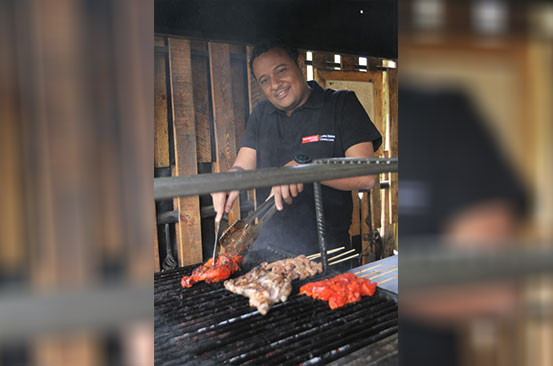
Lamu is a beautiful town surrounded by some of the world’s most scenic spots, but in 2001, Mohamed Shamuty’s family was not particularly enjoying the sandy beaches or vistas. They were going through a really rough patch. It was that period that got Mohamed thinking. He needed to figure out a way to make money. Over talks with his brother, a bright idea sparked; that they could persuade their sisters, who made really great pilau, to make some for sale. And today, the birth of a Kenyan culinary empire, known for their Swahili dishes, can be traced back to that one simple moment.